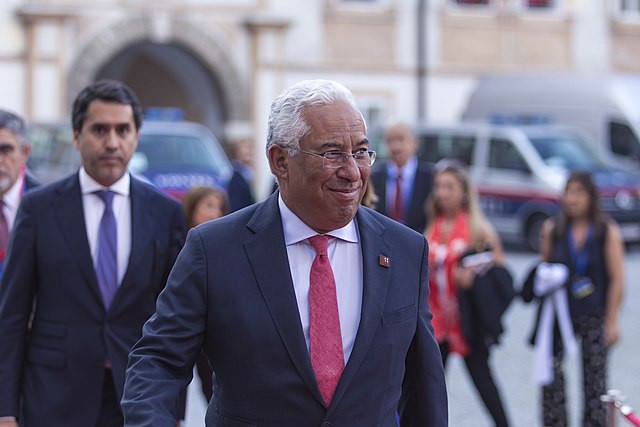In a move that has sent ripples through the political and financial sectors of Portugal, Prime Minister António Costa tendered his resignation following a corruption probe involving high-ranking officials and influential energy projects. The abrupt exit came as his chief of staff, Vítor Escária, was among five individuals detained amid allegations of malfeasance in the government's facilitation of lithium mining and hydrogen production ventures.
Addressing the nation, Costa asserted his innocence but acknowledged the gravity of the investigation, stating, "The dignity of the functions of prime minister is not compatible with any suspicion about his integrity, his good conduct and even less with the suspicion of the practice of any criminal act."
This political upheaval throws the future of the ruling Socialist party into uncertainty, even as it holds a majority in Parliament, with potential implications on the impending vote for the 2024 budget bill. While Costa's administration has been credited with robust economic recovery post-bailout, it now faces a litmus test of continuity or a call for fresh elections.
António Costa Pinto, a scholar from Lisbon University, posits that a snap election seems a likely outcome, an assertion echoed by political scientist Adelino Maltez who referred to the current scenario as "the sudden death of the government."
As the investigation ensnares Infrastructure Minister João Galamba and the head of the environmental agency APA, Nuno Lacasta, the nation's gaze turns to President Marcelo Rebelo de Sousa. The president must now navigate between appointing a new Socialist prime minister or dissolving parliament, a decision poised to shape Portugal's immediate political landscape.
In the economic arena, the tremors of uncertainty were palpable as Portuguese stocks took a near 3% plunge, and the bond yield spread over German benchmarks widened. Analyst Carsten Brzeski from ING, however, anticipates minimal long-term financial repercussions, crediting Portugal's reputation for fiscal prudence.
The prosecutor's office has highlighted the gravity of the situation, indicating the use of Costa's authority to "unblock procedures" related to these lucrative deals, which are key to Europe's strategy to localize the battery value chain and reduce raw material imports for its green transition.
Amidst the public's concern over rising living costs and the scandal's potential to bolster far-right factions, Costa's legacy of economic stability is juxtaposed with the shadows of controversy. His willingness to cooperate fully with the justice system remains a focal point of his televised departure.
With over 60,000 metric tons of lithium reserves, Portugal's strategic significance to Europe's eco-friendly ambitions is undeniable. Yet, the approval of environmental clearances for companies like Lusorecursos and London-based Savannah Resources is now overshadowed by a looming investigation that questions the integrity of the processes behind these green endeavors.
As citizens like Anabela Reis and Nuria Costa express their unease, the country stands at a crossroads, with its political integrity and economic direction hanging in the balance, awaiting the president's critical decision.





